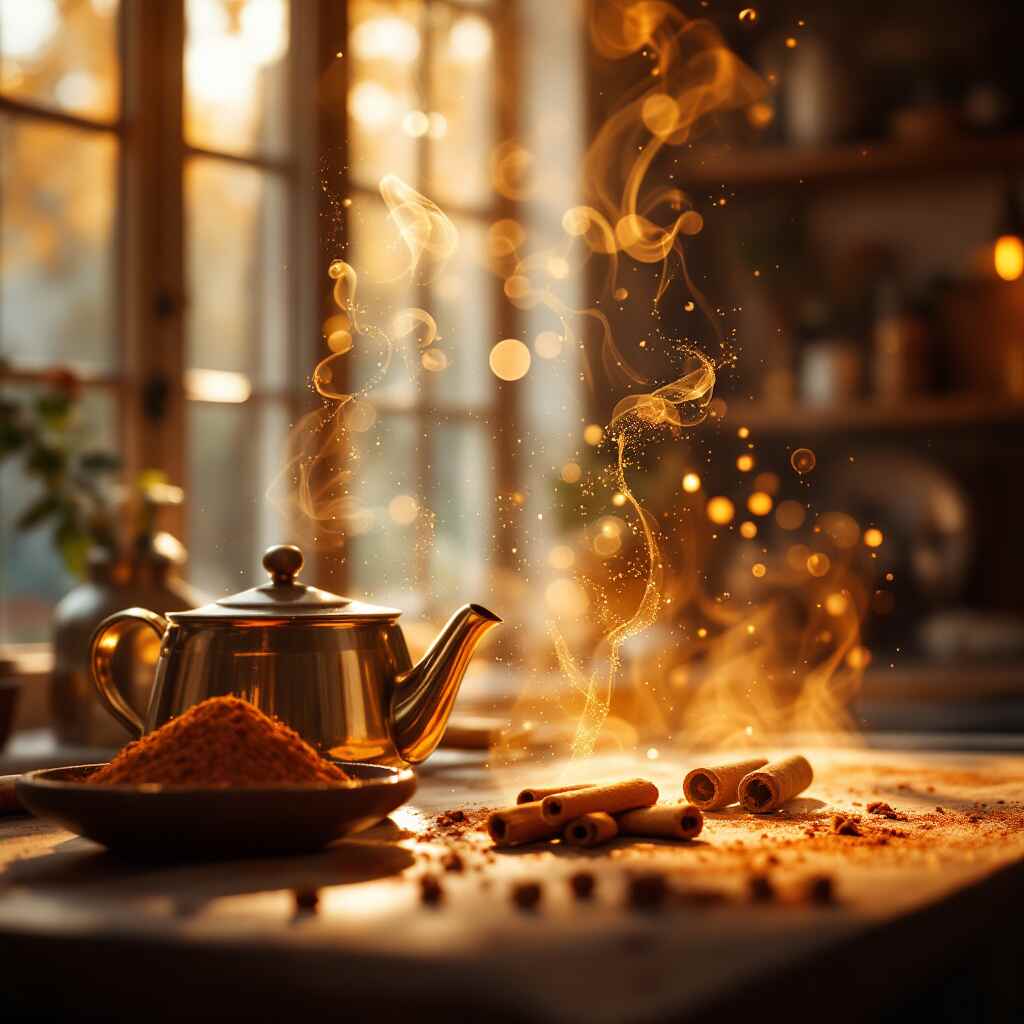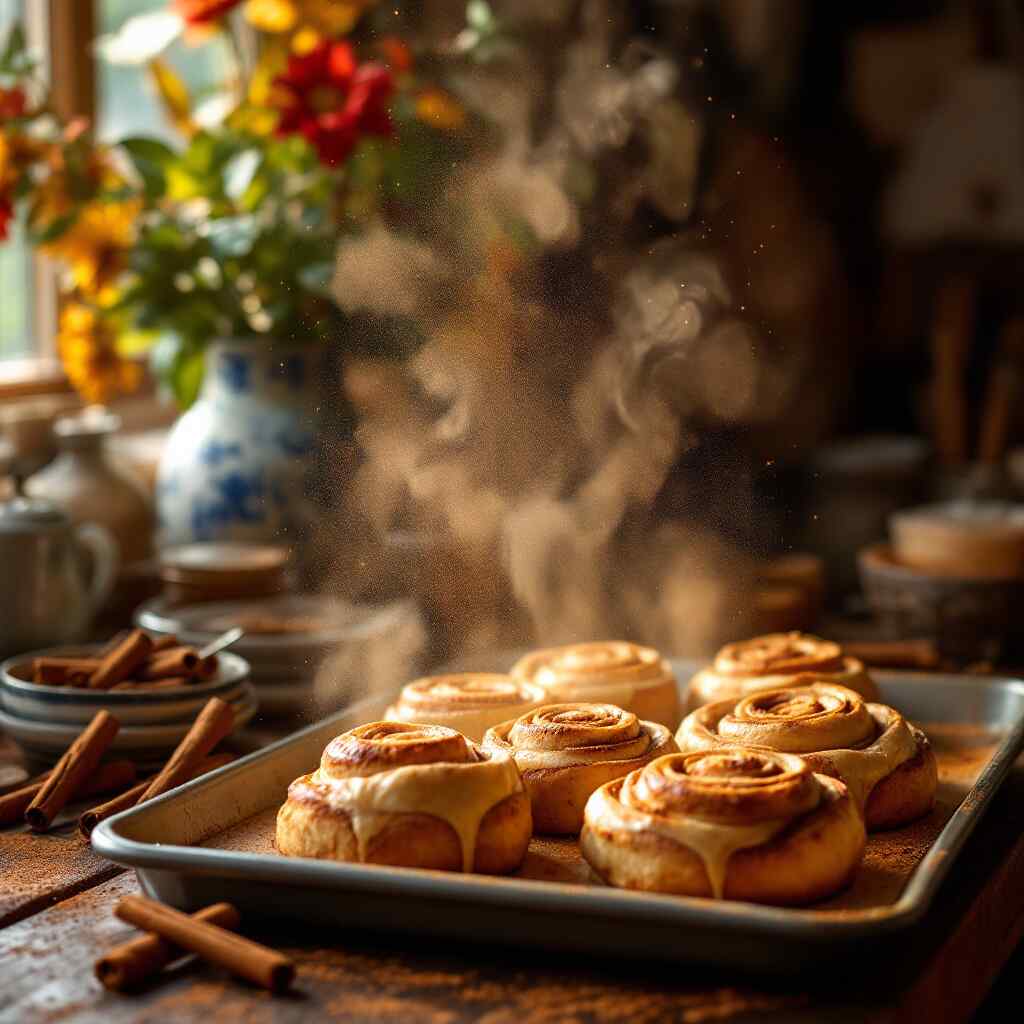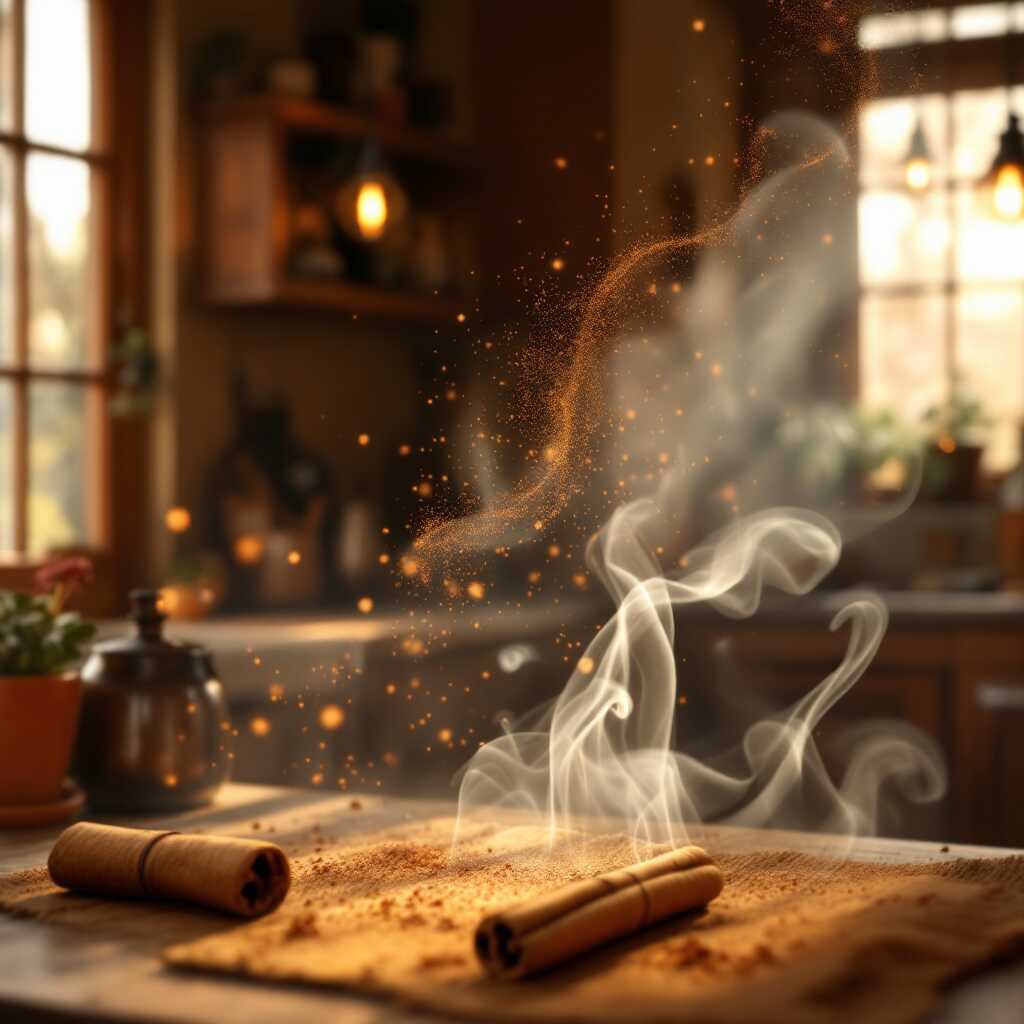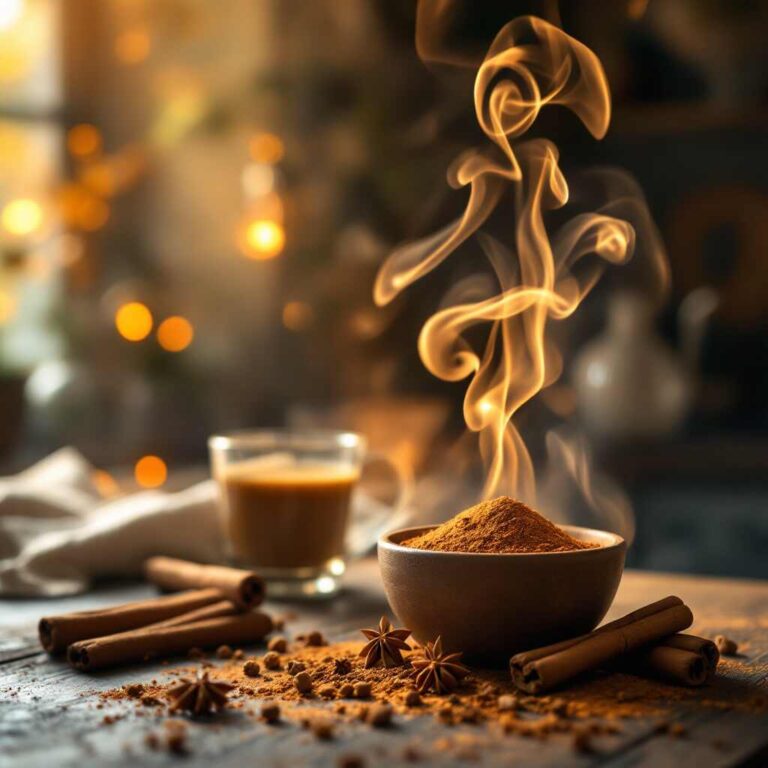Have you ever walked into your home only to be greeted by an unmistakable, warm, and spicy aroma of cinnamon—even when there’s no cinnamon in sight? It’s a curious and sometimes puzzling experience, and you’re not alone in asking, “Why does my house smell like cinnamon?”
The Allure of Cinnamon: Why the Scent is So Recognizable
Cinnamon isn’t just a spice; it’s a sensory experience that has captivated humans for centuries. Its distinct aroma can evoke emotions, memories, and even physiological responses. To understand why your house might smell like cinnamon, let’s first explore what makes this scent unique.
The Chemistry Behind Cinnamon’s Aroma
The secret to cinnamon’s captivating scent lies in a compound called cinnamaldehyde. Found in the bark of cinnamon trees, cinnamaldehyde is responsible for the warm, sweet, and slightly woody fragrance we associate with cinnamon.
When this compound interacts with our olfactory receptors (the sensors in your nose), it triggers signals to the brain’s limbic system—the area responsible for emotions and memories. This is why smelling cinnamon often feels comforting or nostalgic.
Interestingly, cinnamaldehyde is highly volatile, easily evaporating into the air, making its scent both noticeable and long-lasting. This property is one reason why the smell of cinnamon can linger in a home.
Psychological and Emotional Effects of Cinnamon
Cinnamon isn’t just a pleasant scent and a powerful mood enhancer. Studies have shown that the aroma of cinnamon can:
- Reduce stress and promote relaxation.
- Trigger positive memories, often associated with holidays or comforting moments.
- Boost focus and alertness, making it a popular scent in workspaces.
This emotional connection may explain why many people use cinnamon-scented products in their homes. It’s a way to create a warm and inviting atmosphere.
Evolutionary and Cultural Significance
Throughout history, cinnamon has held a special place in cultures worldwide. It was considered a luxury item from ancient Egypt to medieval Europe, symbolizing wealth, prosperity, and health.
In some cultures, cinnamon is also used in rituals to attract positive energy or promote well-being. Its use in homes—whether through cooking, incense, or scented products—has deep roots in these traditions.
Fun Fact: Did you know that in some folklore, the smell of cinnamon is believed to ward off negative spirits or bad energy?
Why Does My House Smell Like Cinnamon?
Now that we’ve explored why cinnamon is such a recognizable and beloved scent let’s address the main question: why does your house smell like cinnamon? The answer could be intentional, accidental, or even mysterious.
You may also read (why do midges appear in your house).
Common Intentional Sources of Cinnamon Scents
The most straightforward explanation is that the cinnamon scent comes from something you’ve intentionally brought into your home. Common sources include:
- Scented Products:
- Candles, wax melts, or essential oil diffusers with cinnamon fragrances.
- Air fresheners or potpourri blends.
- Cooking or Baking:
- Recipes involving cinnamon, such as cookies, pies, or spiced beverages, can leave a lingering aroma in your home.
- Cleaning Products:
- Many cleaning products use cinnamon oil for its antimicrobial properties and pleasant scent.
If you’ve recently used or consumed any of these, the source of the smell might be obvious.
Unintentional or Mysterious Sources
But what if you haven’t brought anything cinnamon-scented into your home? Here are some other possibilities:
- Residual Odors: If your house had previous tenants or guests, they might have used cinnamon-scented products, and the scent could have soaked into porous materials like carpets or furniture.
- HVAC Systems: Air filters and ducts can trap scents and redistribute them throughout your home.
- Furniture and Fabrics: Upholstery, curtains, and rugs can absorb and release cinnamon scents over time.
Natural and Environmental Factors
Sometimes, the cinnamon smell might have natural origins:
- Insect Repellent: Cinnamon is a natural deterrent for pests like ants and moths. The scent could linger if you or someone else sprinkled cinnamon near doorways or windows.
- Plant Care: Some people use cinnamon powder in gardening to prevent mold or pests, which could explain the smell if used indoors.
- Outdoor Sources: Local flora or nearby activities could also contribute to the aroma.
Paranormal and Unexplained Experiences
For the more adventurous thinkers, there are anecdotes about unexplained cinnamon smells. Stories of phantom smell—a scent with no visible source—range from neurological causes (like phantosmia) to spiritual interpretations.
While science attributes phantom smells to brain activity or environmental factors, some believe these scents carry symbolic meanings, like messages from loved ones or spiritual entities.
The Science of Scent: How and Why Smells Linger in Homes
To fully understand why the scent of cinnamon persists in your home, it’s important to understand the science of how smells travel and linger.
How Scent Molecules Travel
Like other scent molecules, Cinnamaldehyde is volatile, meaning it easily vaporizes into the air. Once airborne, it spreads through your home via:
- Airflow: HVAC systems, fans, and open windows can carry the scent from one room to another.
- Humidity: In humid conditions, scents linger longer because moisture helps trap scent molecules.
Absorption and Release by Household Materials
Certain materials in your home can act like sponges for scents:
- Porous Surfaces: Carpets, curtains, and upholstered furniture can absorb and release scents over time.
- Wooden Furniture: Wood has natural pores that trap and hold onto smells.
Human Factors
Finally, your perception of the scent can change over time due to:
- Olfactory Adaptation: If you’re exposed to a smell for a while, your brain starts to tune it out.
- Sensitivity Differences: Each person has a unique smell sensitivity, so some household members might notice the scent more than others.
Hidden Benefits of a Cinnamon-Scented Home
Not all unexpected scents are bad! In fact, a home that smells like cinnamon can come with surprising benefits.
Health and Wellness
The aroma of cinnamon has been linked to:
- Stress Relief: Its warm and inviting scent calms the mind.
- Antimicrobial Properties: Cinnamon oil has natural antibacterial qualities, which may help improve indoor air quality.
Pest Control
Cinnamon is a natural pest deterrent. It can repel:
- Ants and Moths: Sprinkle cinnamon powder near entry points to keep them out.
- Other Insects: Some people use cinnamon oil as a non-toxic way to deter pests.
Symbolic and Cultural Benefits
According to cultural traditions and rituals, a cinnamon-scented home may also attract positive energy, prosperity, and warmth.
When the Scent is a Problem: Troubleshooting Unwanted Cinnamon Odors
While many enjoy the smell of cinnamon, it can sometimes be overwhelming or unwelcome. Here’s how to troubleshoot and address the issue.
Identifying the Source
Follow this checklist to locate the source:
- Have you cooked or baked with cinnamon recently?
- Are there any cinnamon-scented products in your home?
- Have you used cleaning products or pest control methods involving cinnamon?
Addressing Phantom or Unexplained Smells
If you can’t find the source, consider:
- Medical Causes: If you’re the only one smelling cinnamon, consult a doctor about phantosmia.
- Environmental Checks: Inspect your home for hidden mold, chemical reactions, or stale air.
Removing Persistent Cinnamon Scents
To neutralize unwanted cinnamon odors:
- Deep Clean Fabrics: Wash curtains, rugs, and upholstery.
- Use Neutralizers: Baking soda or activated charcoal can absorb lingering scents.
How to Harness Cinnamon Scents for a Better Home Environment
If you love the smell of cinnamon, here are safe and creative ways to incorporate it into your home.
DIY Methods for a Pleasant Cinnamon Aroma
- Simmer Pots: Boil water with cinnamon sticks, cloves, and orange peels for a natural air freshener.
- Sachets: Fill small fabric bags with cinnamon powder and place them in closets or drawers.
Best Practices and Safety Tips
- Avoid Overuse: Too much cinnamon can trigger allergies or sensitivities.
- Pet Safety: Keep cinnamon products away from pets, as they may be harmful if ingested.
You may also read (are house flies really that big).

